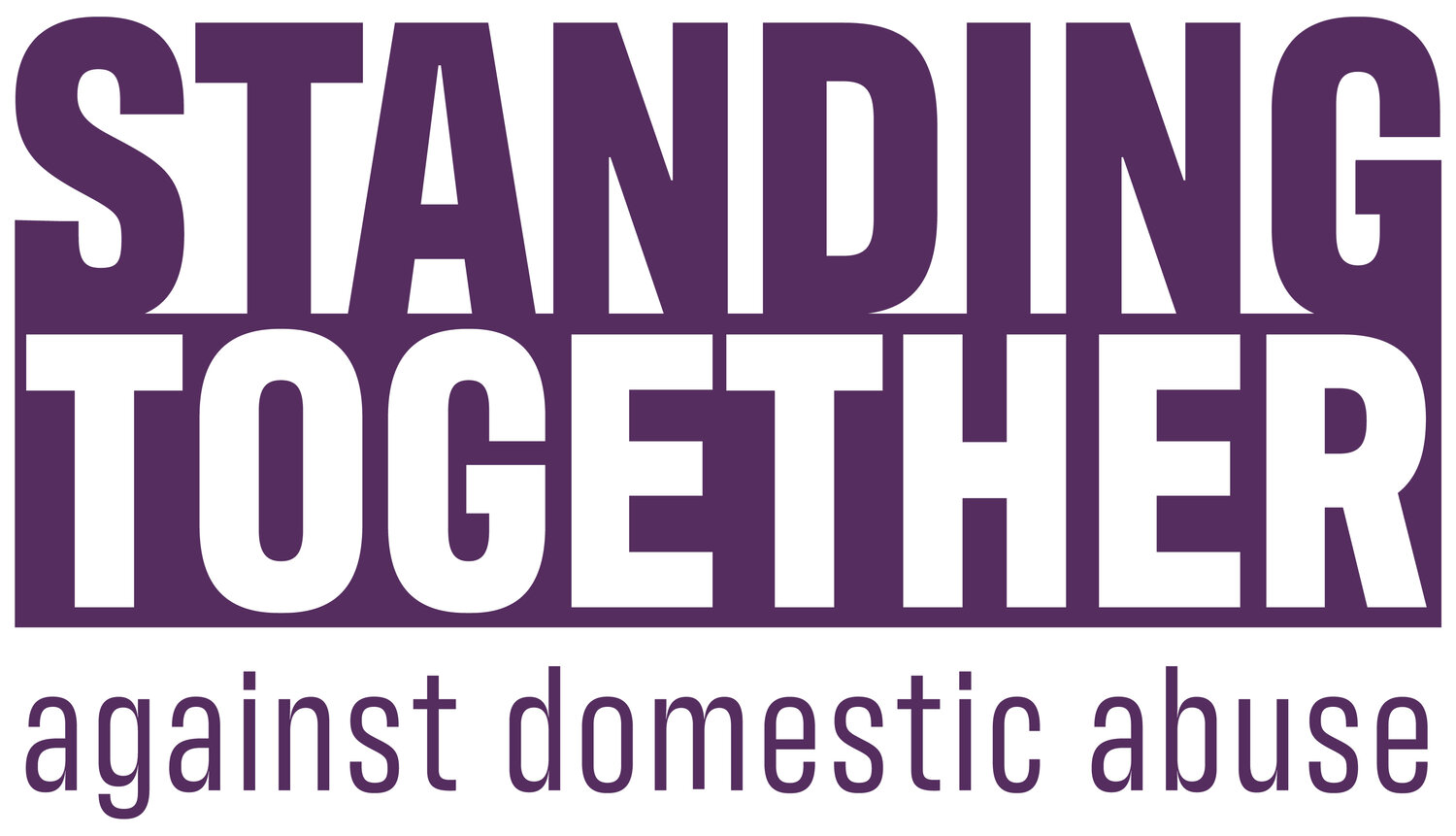The Intersections of Leadership, Housing, and Domestic Abuse: A Conversation with Emma Storey
Emma Storey, Executive Director for Housing at Standing Together Against Domestic Abuse, exemplifies a compassionate and agile approach to leadership. Her work spans beyond the borders of the housing sector, influencing policy and practice in ways that transform lives. In this thought leadership piece, we explore her insights on leadership, housing for survivors, and the profound steps society must take to ensure that housing remains a central pillar in tackling domestic abuse.
Leadership Beyond Borders
Emma humbly acknowledges the legacy of her predecessors, particularly their establishment of the National Domestic Abuse and Housing Policy and Practice Group. This initiative, which unites policy experts from the domestic abuse and housing sectors, has been instrumental in influencing national policy. While Emma credits the group’s success to collective expertise, it is clear that her stewardship continues to propel this critical collaboration forward.
“The group has driven significant improvements in how we address domestic abuse within housing,” she reflects. “It’s a testament to what can be achieved when sectors come together to share knowledge and advocate for change.”
The Evolution of Housing Solutions for Survivors
Emma’s career in the domestic abuse sector has witnessed monumental shifts in how housing supports survivors. “When I started, refuge was often seen as the default solution,” she recalls. “These were typically multi-occupancy spaces with restrictive criteria, making them inaccessible to many, including families with older boys or male victims.”
Today, the landscape is more nuanced, offering a broader range of housing options. From single-unit accommodations to innovative programs that allow survivors to remain safely in their own homes while providing pathways for perpetrators to be rehoused, the focus has shifted to survivor-centered solutions. Emma highlights, “This approach recognizes that, while refuge remains an incredibly important option, it isn’t the right fit for everyone. It’s about creating a suite of housing solutions tailored to individual needs.”
Shifting the Focus to Perpetrators
Another significant evolution is the housing sector’s increased attention on perpetrators. Emma shares examples of innovative projects that remove the person causing harm from the home, enabling survivors and their children to remain in familiar environments. “These initiatives not only ensure safety but also preserve the stability that survivors and their families need to rebuild their lives,” she notes.
Amplifying Marginalised Voices
Emma’s passion shines when discussing the importance of engaging with local “by and for” organisations. She points to the impactful work in Cheshire East, where partnerships with grassroots groups have elevated marginalised voices. “We created opportunities for these organisations to speak directly with the Domestic Abuse Commissioner,” she says. “It was a powerful moment—a chance to bring community-driven solutions to the forefront of national conversations.”
The Role of the Coordinated Community Response Framework
A cornerstone of Emma’s approach is the Coordinated Community Response (CCR) framework, which she describes as an invaluable tool. “It provides a clear, robust structure that allows us to address complex problems methodically,” she explains. Whether implementing the Whole Housing Approach or addressing systemic barriers, the CCR framework has been pivotal in fostering collaboration and innovation.
Society’s Role in Supporting Survivors
Emma emphasises that society’s understanding of domestic abuse must deepen, particularly regarding coercive control. “Domestic abuse is still frequently misunderstood as being limited to physical violence and isolated incidents,” she observes. “We need broader awareness of coercive and controlling behaviour to ensure survivors receive the support they need across all housing contexts.”
Advice to Emerging Leaders
For those aspiring to tackle domestic abuse and housing insecurity, Emma’s advice is both practical and profound:
- Seize every opportunity: Even unrelated experiences offer valuable learning.
- Step out of your comfort zone: Growth often requires discomfort.
- Lean on others’ expertise: Ask questions and learn from your mentors.
- Prioritise self-care: “This work is emotionally taxing, and looking after yourself is non-negotiable.”
A Guiding Principle
When asked to share a guiding principle, Emma’s response is simple yet profound: kindness. “Leadership in this sector requires difficult conversations,” she says. “Understanding others’ perspectives and approaching every interaction with kindness can make those conversations productive and transformative.”
Conclusion
Emma Storey’s leadership exemplifies the power of collaboration, innovation, and empathy. Through her work, she not only advances housing solutions for survivors but also reshapes societal perceptions of domestic abuse. Her humility, vision, and unwavering commitment inspire hope for a future where every survivor finds safety, stability, and dignity.
